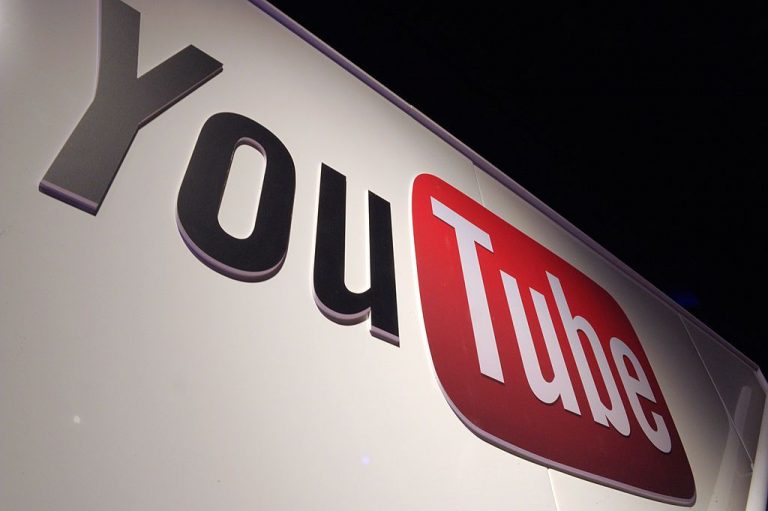
The Federal Trade Commission (FTC), seems to have accepted the challenge of their counterparts in Europe, to sit up in their regulatory responsibilities, and tech companies are not finding it easy. In July, Facebook was handed a $5 billion levy for the Cambridge Analytica data privacy breach, the highest sum ever levied against a tech company. And it appears it is going to be a one case too many.
On Tuesday, the FTC reached a settlement with YouTube over their targeted ads on videos meant for children in their platform. A verdict stemming from a complaint by consumer groups back in April 2018. It was alleged that YouTube has been collecting information about minors to use in targeted ads. Although the amount of money levied against it is not known since YouTube and FTC are not saying anything, but it apparently took a chunk off YouTube coffers.
The consumer group has suggested to the FTC that every kid’s content on YouTube be moved to YouTube kids, the app designated for children. But the FTC had another plan: “What if every kid’s content is ad disabled, will you be content with that”? They asked the group. It was based on this question that the regulatory body made its decision. YouTube must not serve ads on any children related content. A decision that will cost it over $500 to $750 million in revenue.
Register for Tekedia Mini-MBA edition 19 (Feb 9 – May 2, 2026): big discounts for early bird.
Tekedia AI in Business Masterclass opens registrations.
Join Tekedia Capital Syndicate and co-invest in great global startups.
Register for Tekedia AI Lab: From Technical Design to Deployment (next edition begins Jan 24 2026).
YouTube has long maintained that its main site is not for kids and urged children to use the alternate app for kids. But the amount of children’s contents on the primary site is making it inexcusable. From nursery rhymes to cartoons that are commanding billions of views.
There is another problem, YouTube serves two different types of ads: one matches the context of a video with a commercial service: the other is targeted ads, using an array of digital signals, marketers who aim at a particular group or demographics can reach them using Google’s vast data troves, websites people visit, their searches and many of their interests as indicated by cookies.
So there have been thousands of targeted ads cut across different products and services, and YouTube share some video ad sales with other websites. How it is going to implement the regulatory policy is a puzzle since it cannot clearly distinguish between videos directed at children and the ones that are not.
It is a challenge that the FTC itself acknowledged. Removing the ad feature from children’s select videos does not guarantee that YouTube is going to stop tracking web habits when children visit other websites or watch non kid related content on YouTube.
The complainants also expressed pessimism that the FTC’s measures will unlikely solve the problem. Josh Golin, one of the complainants from Campaign for Commercial Free Childhood asked: “Is Google still going to be collecting all the data and creating marketing profiles?
“That wouldn’t be satisfactory.”
Another complainant, Jeff Chester, executive director of the Center for Digital Democracy, has vowed to challenge the decision if it only means that YouTube will curb ads targeted at children not eliminating it completely.



